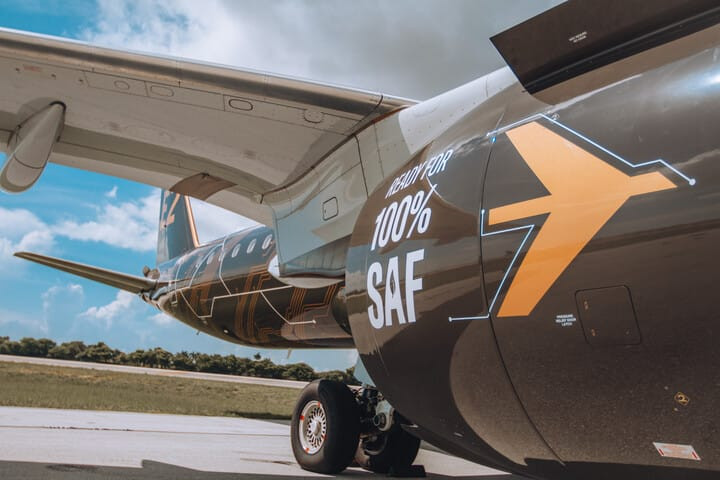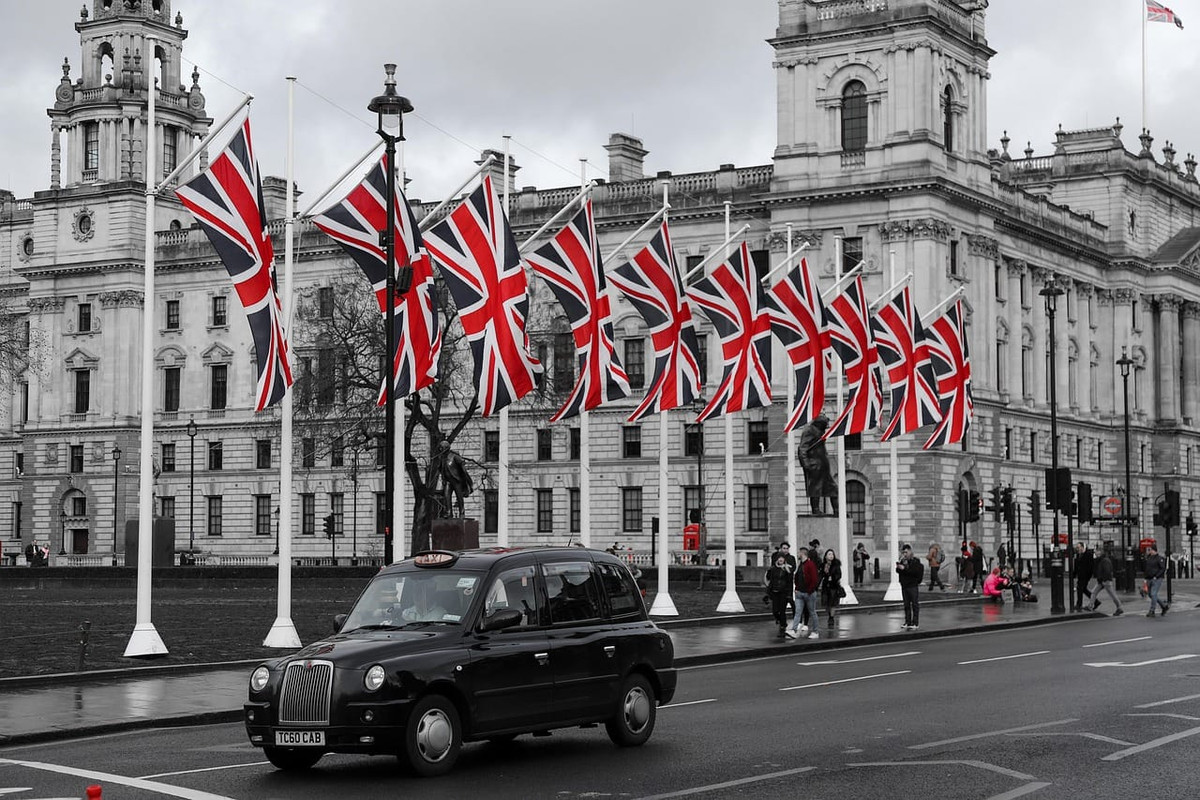
Embraer congratulated the Brazilian government and the National Congress on the approval of the “Future Fuel” law, which provides a legal framework to enhance the production of sustainable aviation fuel (SAF).
The initiative highlights Brazil’s commitment to the future of sustainable aviation and the potential of the nation to remain a global pioneer in biofuels, job generation, income, technology, and exports.
“We are confident that Brazil will soon be part of this value chain, as it produces and exports sustainable aviation fuel,” said Francisco Gomeis Nito, President and CEO of Embraer. “The approval of the” Future Fuel Law “shows that the country has all the circumstances to be a global leader in the production and use of SAF, and we are honored to be able to cooperate with this strategic debate.”
SAF is widely allowed to reduce carbon emissions by up to 80 % when compared to fossil fuel. Embraer believes that the replacement of the fleet by the most efficient aircraft, such as the E2, along with the use of sustainable fuel, is the most effective initiative to remove carbon in the aviation sector. Currently, all Embraer aircraft were approved to use a mixture of 50 % of SAF mixed with traditional jet fuel.
In 2004, Embraer has pledged and began serial production of agricultural aircraft that operates ethanol, and has advanced research on biofuels for flying over the past two decades. The main activities include the process of rehabilitating the new technological methods of SAF development, aviation tests, and formulating studies to enhance their production in Brazil in order to contribute to the technical discussion on this topic.
The “Future Fuel” law highlights the commitment to sustainable flight for the first time in the week of air cargo.

